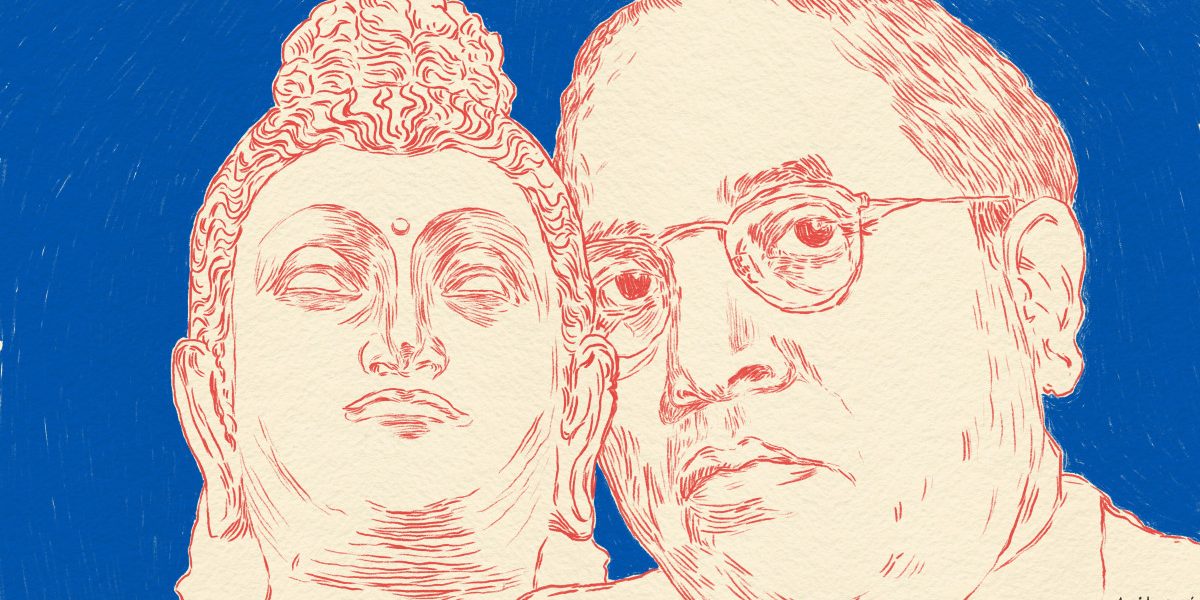Dr. B.R. Ambedkar’s Interpretation of Manus and Manuski

Ambedkar Jayanti: Honoring Dr. B.R. Ambedkar’s Vision for Dalits
April 14th marks Ambedkar Jayanti, celebrating the birth anniversary of Dr. B.R. Ambedkar, a pivotal figure in India’s quest for social justice. He dedicated his life to advocating for the rights and dignity of the Dalit community, often referred to as the "Untouchables." Through his teachings and activism, Ambedkar emphasized the importance of "manuski," a term that encapsulates human dignity.
Ambedkar’s Call for Dignity and Recognition
In a powerful speech at the Bahishkrut Parishad conference in 1925, Ambedkar urged Dalits to reclaim their dignity. He stated, "Only if you fight intensively will you regain your manuski," highlighting the need for intense struggle against societal injustices. His belief was that the path to dignity and political representation lay in recognizing one’s rights and claiming them actively.
Ambedkar’s commitment to Dalit rights was evident in his fight for political representation during the colonial period in India. He argued that caste-based discrimination and the hierarchical structures of Hinduism denied the Dalit community essential rights. He firmly believed that they needed to challenge these structures actively to change their social status.
Annihilation of Caste: A Radical Approach
One of Ambedkar’s significant contributions was his critique of the caste system. In his famous yet undelivered speech "Annihilation of Caste" in 1936, he called for the dismantling of caste hierarchies, as they perpetuated inequalities. Ambedkar contended that Hinduism’s caste system could not provide a just society where all individuals enjoyed dignity and respect. Instead, he advocated for a radical transformation of societal norms and structures to restore Dalit honor.
He maintained that true humanity could not thrive under the oppressive conditions imposed by caste. This notion extended beyond mere reform; he aimed for a complete redefinition of social conditions that had historically marginalized Dalits.
The Multifaceted Approach to Manuski
To achieve manuski and uplift the Dalit community, Ambedkar emphasized a comprehensive strategy involving social, educational, political, legal, and religious dimensions. He believed in empowering Dalits through education and self-reliance, enabling individuals to reclaim their independence and identity within a prejudiced society.
In this context, the concept of "manuski" is intertwined with various Marathi terms, including:
- Nitimatta/Naitikta: Morality and ethics
- Svabhiman: Self-respect
- Svavalamban: Self-dependence
- Shila: Good character
- Ijjat: Dignity
- Mansikta: Mental abilities
- Abru: Honor
These elements formed the foundation for Dalits to cultivate a sense of dignity and self-worth, helping them resist societal norms that relegated them to a lower status.
Dalit Women’s Empowerment
Ambedkar recognized the critical role of Dalit women in achieving manuski and fostering social change. He understood that the intersectionality of caste and gender compounded the challenges faced by Dalit women. He championed their agency by promoting education, employment, and self-reliance, urging them to combat stigma and assert their identities.
His conversion to Buddhism in 1956 symbolized a significant cultural shift, encouraging Dalit women to embrace a life of liberty, equality, and fraternity. By adopting Buddhist principles, Dalit women could begin to reshape their lives, pushing for both individual and collaborative social transformations.
Contemporary Legacy of Dalit Humanism
In the years following Ambedkar’s death, his vision has persisted. The Dalit community has increasingly engaged in writing, activism, and scholarship, aiming to reclaim their narrative and express their experiences. Autobiographies and personal accounts from Dalit women, such as Kumud Pawde’s writings, highlight the ongoing struggle for recognition and humanity.
These movements resist the exclusion often experienced within dominant narratives of Indian history. Ambedkar’s emphasis on self-respect and identity continues to inspire Dalits to reclaim their positions as equal members of society, embracing their unique histories and experiences as foundations for their humanity.
In sum, Dr. B.R. Ambedkar’s work extends beyond simple advocacy; it is a comprehensive framework for understanding humanity through the lens of dignity and justice. His legacy remains integral to ongoing discussions about caste, gender, and equality in India today.




